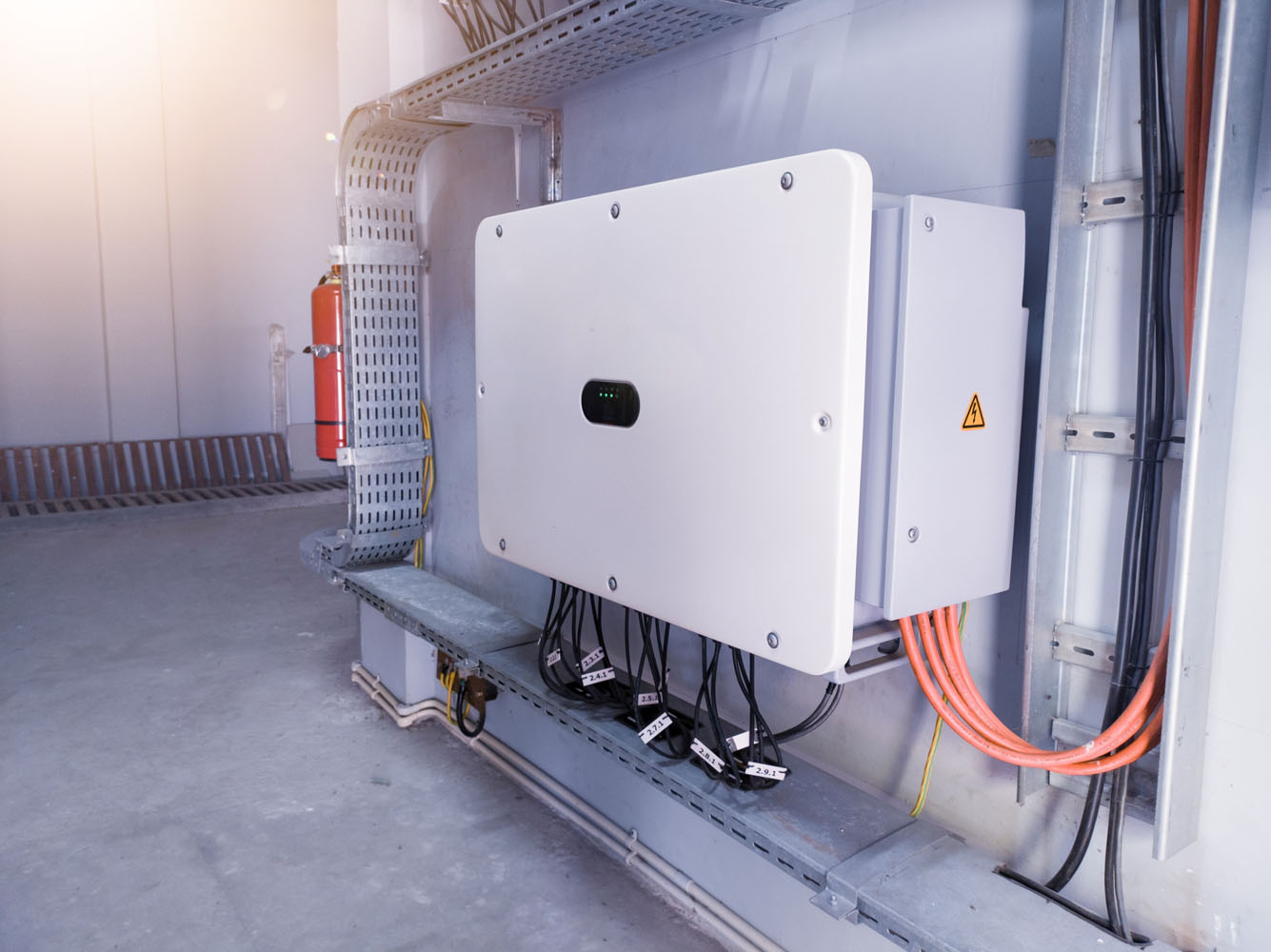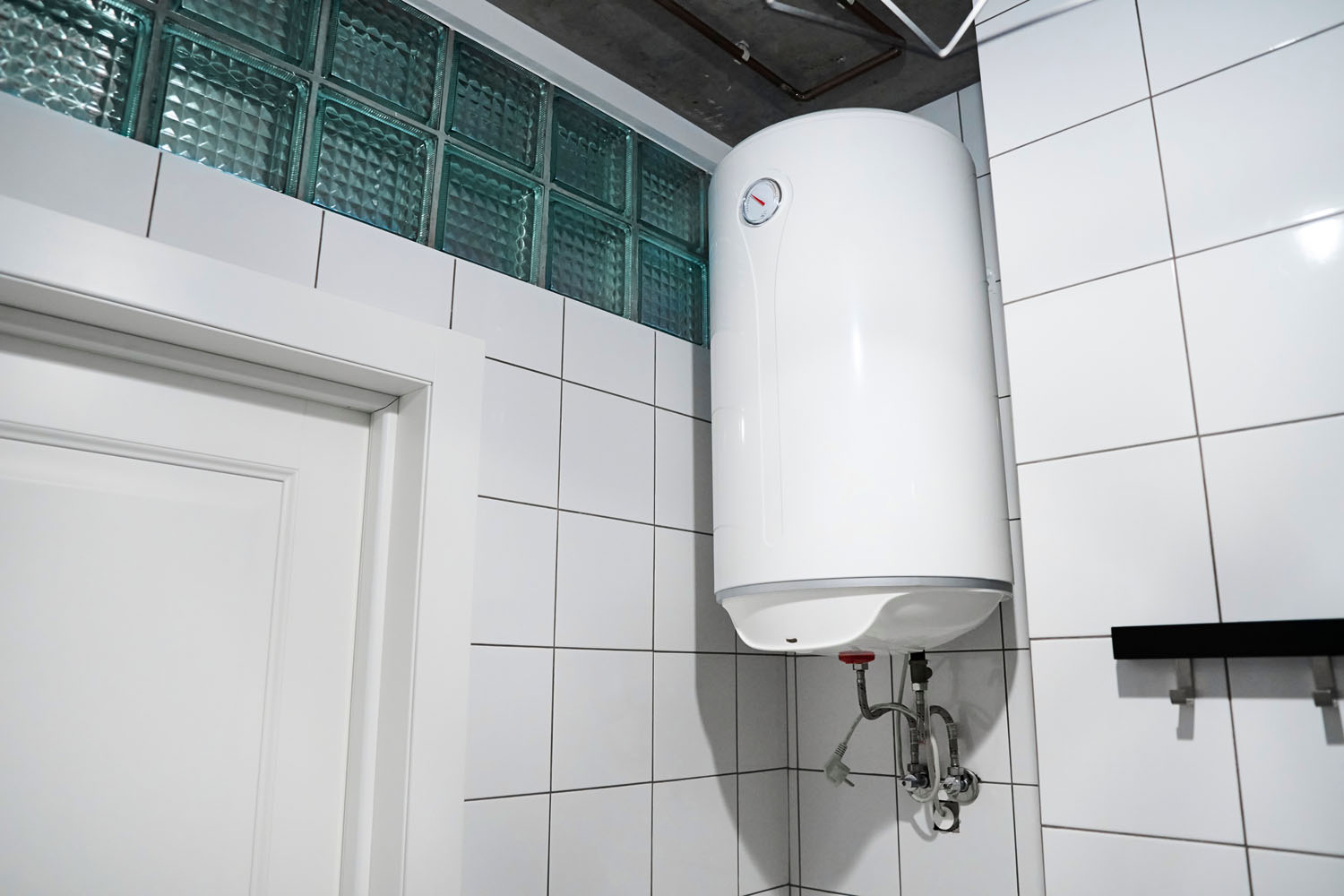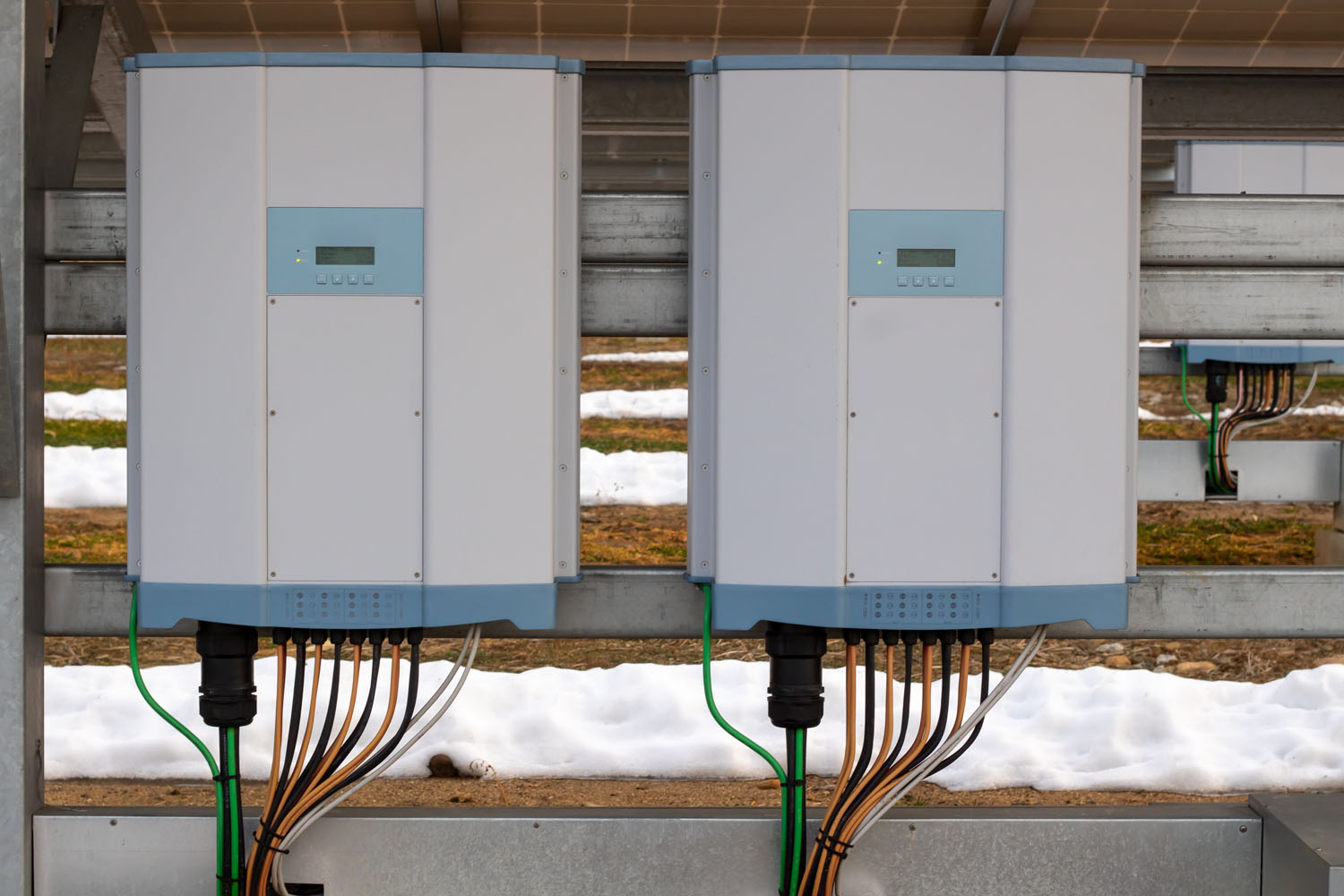Owning an electric vehicle (EV) is a smart choice for reducing your carbon footprint, lowering fuel costs, and embracing modern technology. But what really enhances the convenience of EV ownership is having your own home EV charger. Here’s why installing a home EV charger is one of the best decisions you can make for your EV, your wallet, and your overall driving experience.
3.1 Convenience of Charging at Home
One of the most significant advantages of installing a home EV charger is convenience. Rather than relying on public charging stations, which may be busy or far from home, you can charge your vehicle overnight while you sleep.
- Always ready to go: With a home charger, you wake up to a fully charged EV every day, eliminating the need to visit public charging stations during the day.
- Flexibility: You can charge your car whenever you want, whether it’s overnight or during off-peak hours to take advantage of lower electricity rates.
3.2 Lower Charging Costs
Public charging stations often charge higher rates than what you would pay at home, especially when using fast chargers. Installing a home charger allows you to take advantage of lower residential electricity rates, significantly reducing your overall charging costs.
- Time-of-use savings: In Victoria, electricity rates vary depending on the time of day. By charging your EV during off-peak hours, you can save even more on your electricity bill.
- Avoid markups: Public charging stations often add service fees, but charging at home means you’re only paying for the electricity you use.
3.3 Increased Property Value
As electric vehicles become more popular, having a home EV charger can increase the value of your property. Future homebuyers may view an installed charger as a significant asset, especially in areas where EV ownership is common.
- Future-proofing your home: Installing an EV charger shows that your home is ready for the growing demand for electric vehicles, making it more attractive to eco-conscious buyers.
- Green home features: Homes with green, energy-efficient features, including EV chargers, often sell faster and for a higher price than those without.
3.4 Faster Charging Speeds
While it’s possible to charge an EV using a standard 240V outlet (Level 1 charging), this method can be painfully slow, adding only a few kilometers of range per hour. Installing a Level 2 charger at home provides significantly faster charging speeds.
- Charge overnight: With a Level 2 charger, you can fully charge most EVs overnight, making it much more practical for daily use.
- Emergency top-ups: Need a quick charge before heading out? A home Level 2 charger allows you to quickly top up your battery whenever needed.
3.5 Energy Management with Solar Panels
If you have solar panels installed, an EV charger can help you maximize the use of your solar energy. By charging your EV during the day when your solar panels are generating power, you can essentially drive on free, renewable energy.
- Maximize solar self-consumption: Use excess solar energy to charge your EV instead of sending it back to the grid.
- Reduce reliance on the grid: Pairing solar power with a home EV charger can dramatically reduce your electricity costs and environmental impact.
Conclusion
Installing a home EV charger is one of the most convenient and cost-effective ways to charge your electric vehicle. From the freedom of charging at your own pace to increasing your property’s value, a home charger is an investment that pays off in multiple ways. With the added benefits of time-of-use savings and solar integration, home EV charging offers the ultimate convenience for eco-conscious drivers.







